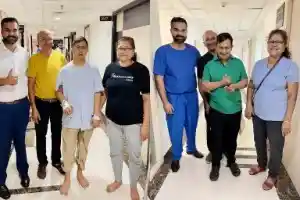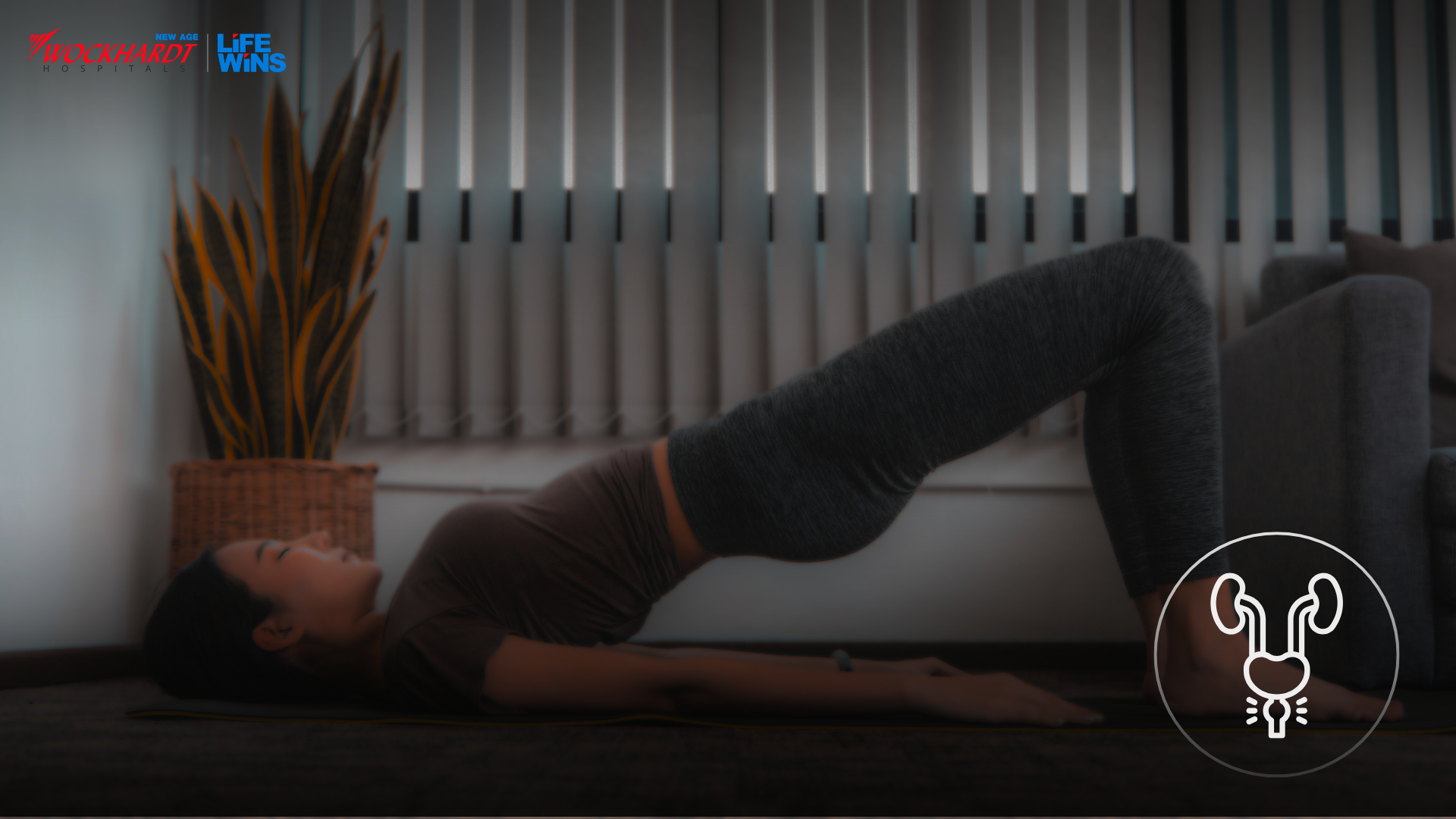In the world of orthopedic surgery, each case presents its unique challenges and opportunities for innovation. One such case that remains etched in my memory is that of a young patient named Minesh, who had Down Syndrome and was suffering from Avascular Necrosis (AVN) of the hip.
Minesh’s journey began with a diagnosis that no one wants to hear—AVN of the hip. This condition, characterized by the loss of blood supply to the hip joint, can be excruciatingly painful and debilitating. What made Minesh’s situation even more complex was his diagnosis of Down Syndrome, a genetic disorder that posed its own set of challenges.
Typically, patients undergoing Total Hip Replacement (THR) surgery must follow strict post-operative precautions to prevent dislocation of the new hip joint. However, patients with Down Syndrome often face cognitive and physical limitations that make adhering to these precautions extremely challenging.
As an orthopedic surgeon of Minesh, I faced the task of not only addressing his AVN but also finding a solution that would accommodate his unique needs. After a thorough evaluation and discussions with his family, I decided to take an innovative approach—the Direct Anterior Approach (DAA).
The Direct Anterior Approach (DAA) is a minimally invasive surgical technique that provides access to the hip joint without detaching muscles or tendons. This approach significantly reduces the risk of post-operative hip dislocation and eliminates the need for strict hip precautions. For Minesh, it offered the potential for a smoother recovery and improved post-operative experience.
The day of the surgery arrived, and our team at Wockhardt Hospitals was ready. With precision and care, we performed the THR using the Direct Anterior Approach (DAA). The procedure went smoothly, and Minesh was on his way to recovery.
What followed was nothing short of remarkable. Minesh’s rehabilitation process was more manageable than we had anticipated. He faced fewer post-operative challenges, and his journey toward regaining mobility and independence started sooner than expected.
Minesh’s case highlighted the importance of tailoring medical care to individual patient needs, especially in cases where traditional approaches may not be suitable. It also emphasized the power of innovation in the field of orthopedics, enabling us to provide the best possible care for patients like Minesh.
As an orthopedic surgeon, it’s moments like these that remind me why I chose this profession. Witnessing the positive impact of our decisions on a patient’s life is truly rewarding. Minesh’s story serves as a testament to the resilience of the human spirit and the possibilities that emerge when we combine medical expertise with innovative solutions.
At Wockhardt Hospitals, we remain committed to providing patient-centered care and embracing advancements in the field to ensure that every patient’s journey to recovery is as smooth and successful as possible.
Dr. Supreet Bajwa
Orthopedic & Joint Replacement Surgeon
Wockhardt Hospitals, Mumbai Central


















